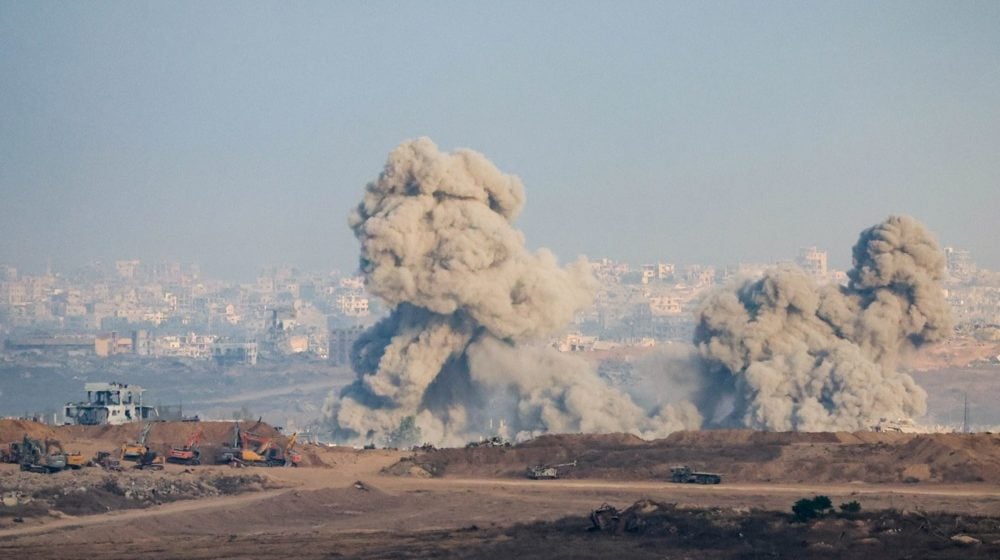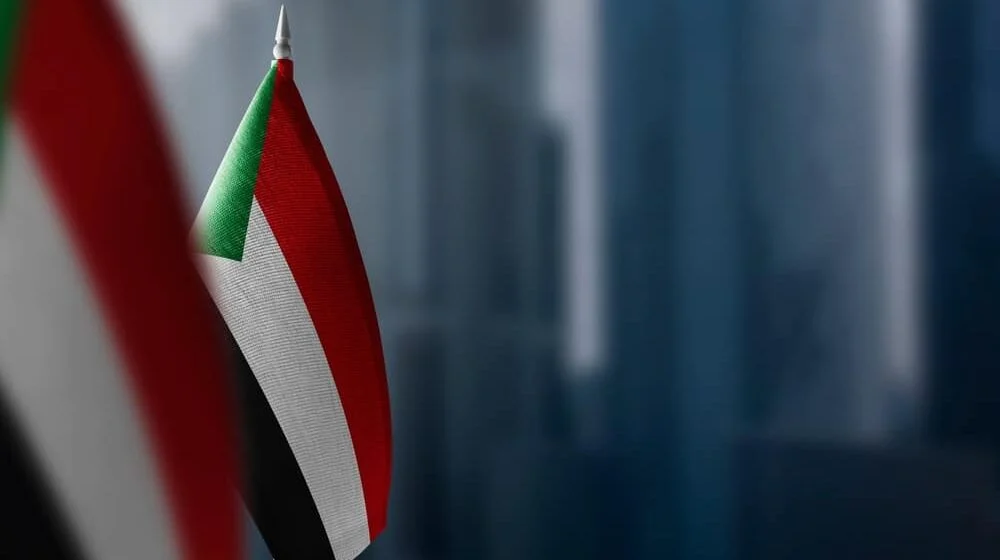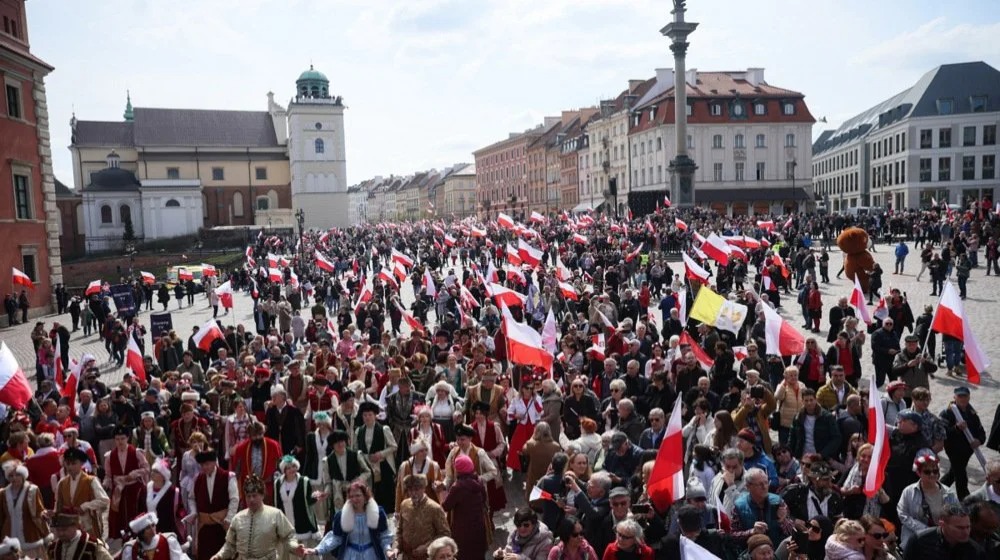
“A way for Western countries to show they’re doing something”: Why statehood remains a distant dream for Palestinians
The plans announced by France, the United Kingdom, and Canada to recognize a Palestinian state are unlikely to lead to its creation anytime soon, although they could further isolate Israel and, in the long term, strengthen the Palestinians’ negotiating position.
The problem for Palestinians is that there might not even be such a “long term,” writes AP.
Israeli Prime Minister Benjamin Netanyahu rejects the idea of Palestinian statehood and has vowed to maintain indefinite control over annexed East Jerusalem, the occupied West Bank, and the war-ravaged Gaza Strip — territories Israel captured in the 1967 war and which Palestinians seek for their future state.
Israeli leaders favor openly annexing large parts of the West Bank, where Israel has already built more than 100 settlements housing over 500,000 Jewish settlers – reports Danas.
The Israeli offensive in Gaza has turned much of the territory into ruins and brought it to the brink of famine, while Israel says it continues plans to relocate large parts of the roughly 2 million residents to other countries.
The United States, the only country that truly has influence over Israel, has taken Israel’s side.
These countries could do much more
Palestinians have welcomed international support for their decades-long struggle for statehood but point out that Western countries could take more urgent and concrete steps if they truly wanted to pressure Israel.
“It’s a bit strange that the response to daily crimes in Gaza, including what everyone sees as deliberate starvation, is to recognize a theoretical Palestinian state that may never even come into being,” said Khaled Elgindi, a visiting fellow at the Center for Contemporary Arab Studies at Georgetown University.
“It seems more like a way for these countries to show they’re doing something,” he added.
Fathi Nimer, an expert at the Palestinian think tank Al-Shabaka, says these countries could have suspended trade agreements with Israel, imposed an arms embargo, or other sanctions. “There’s a wide range of tools available, but no political will to use them,” he said.
Yet it’s not entirely an empty gesture
Most countries in the world recognized Palestinian statehood decades ago, but the UK and France would become the third and fourth permanent members of the UN Security Council to do so, leaving the US as the only member yet to recognize it.
“We’re talking about major powers and close allies of Israel,” said Alon Pinkas, an Israeli political analyst and former consul general in New York. “They’re isolating the United States and leaving Israel dependent not on the US, but on the whims and unpredictable behavior of one man, Trump.”
Recognition could also strengthen efforts to prevent annexation, said Hugh Lovatt, an expert on the conflict from the European Council on Foreign Relations. The challenge, he says, is that countries recognizing Palestine should also complement those steps with concrete, practical measures.
This could also be significant if Israel and the Palestinians ever resume the long-stalled peace process, which ended when Prime Minister Netanyahu returned to power in 2009.
“If and when negotiations resume — probably not in the near future, but someday — Palestine will have statehood as a starting point for negotiations, rather than as an uncertain end goal,” said Julie Norman, a professor of Middle Eastern politics at University College London.
Israel sees it as a reward for violence
The Israeli government and most of the country’s political scene have opposed Palestinian statehood long before Hamas’s October 7, 2023 attack that triggered the war.
Netanyahu says creating a Palestinian state would be a reward for Hamas and would eventually lead to an even larger state under its control along Israel’s borders. Hamas leaders have occasionally suggested they might accept a state within the 1967 borders, but the movement still formally calls for Israel’s destruction.
Western countries envision a future Palestinian state as democratic and led by Hamas’s political rivals who recognize Israel and help curb the militant group, which won the 2006 parliamentary elections and took control of Gaza the following year.
Palestinian President Mahmoud Abbas, whose authority governs parts of the occupied West Bank, supports a two-state solution and cooperates with Israel on security. In recent months, he has made further concessions, including announcing the end of stipends to the families of prisoners and slain fighters.
Such measures, together with security cooperation, have made him deeply unpopular among Palestinians but have not brought any concessions from Israel or the Trump administration. Israel claims Abbas is not genuinely committed to peace and accuses him of tolerating incitement and militancy.
Lovatt says there’s much to criticize in Palestinian leadership, but “their shortcomings are often exaggerated to absolve Israel of its own responsibility.”
Change is possible, but not quickly
Had you told Palestinians in September 2023 that major powers were on the verge of recognizing their state, that the top UN court ordered Israel to end the occupation, that the International Criminal Court issued an arrest warrant for Netanyahu, and that prominent voices across the US political spectrum were expressing anger at Israel — they might have believed their dream of statehood was close to coming true.
But all those events pale in comparison to the ongoing war in Gaza and the smaller but equally devastating military offensives in the West Bank.
“This (Israeli) government won’t change its policy,” said Pinkas. “The question of recognition, ending the war, humanitarian aid — all that will have to wait for another government.”





